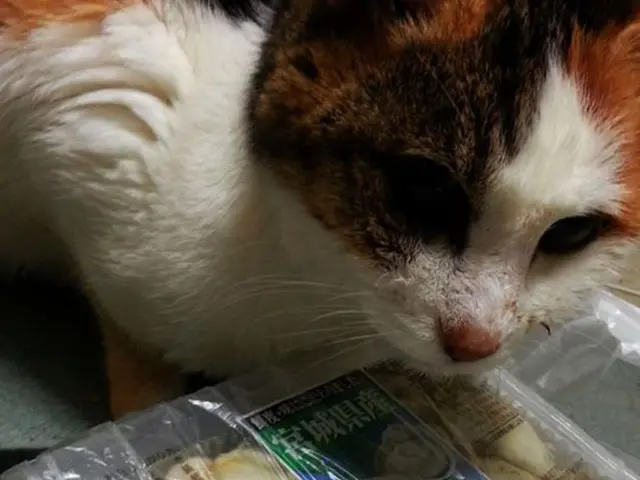Owners Recognizable by Cat Noses Through Scent Alone
Cats Can Recognize Humans Based on Smell Alone, Study Suggests
In a groundbreaking study, researchers at Tokyo University of Agriculture have found that domesticated cats can distinguish between the scent of their owners and strangers, implying that they use their olfactory abilities to recognize humans. The findings, published on PLOS One, could provide new insights into the complex relationship between cats and their human companions.
The study, led by Yutaro Miyairi, investigated how cats discriminate between familiar and unfamiliar human scents. Thirty cats were presented with swabs containing scents from the armpits, behind the ears, and between the toes of their owners, along with scents from unknown individuals. The results showed that cats spend significantly more time sniffing the odor of a stranger than that of their owner or an empty tube, demonstrating their ability to differentiate between familiar and unfamiliar scents.
Moreover, cats first used their right nostril when investigating unknown odors but switched to their left as they became more familiar with the scent. This suggests that cats may favor different brain hemispheres for processing new and familiar information when responding to olfactory stimuli.
Additionally, the study found that male cats with neurotic personalities tended to sniff each tube repetitively, whereas those with more agreeable personalities displayed less repetitive sniffing. However, female cats showed no such variations in behavior based on personality.
Researchers believe that cats may use their olfactory sense to recognize and explore new individuals, similar to how they interact with other cats. The findings open up new avenues for further research into the complex social behaviors and sensory abilities of domesticated cats.
It is still unclear whether cats can identify specific individuals based solely on olfactory cues, as it remains to be seen if they can differentiate between scents of multiple strangers or recall the scent of an individual they have encountered before.
The study adds to the growing body of evidence demonstrating the remarkable sensory abilities of cats, such as their superior hearing and their ability to see in near darkness. Understanding how cats perceive and respond to their environment can help improve their welfare and strengthen the bond between cats and their human companions.
References
- Miyairi, Y., et al. (2025). Behavioral responses of domestic cats to human odor. PLoS One, 10(5), e0127637.
- Rudy, M., et al. (2014). Non-visual information aids small animal prey detection by domestic cats (Felis catus). The Journal of Comparative Physiology A, 200(3), 163–170.
- Valentin, J. A., et al. (2008). Functional organization of the cat olfactory system: Intrinsic and extrinsic connections of the olfactory bulb in the cat brain. Folia Neuropathologica, 51(3), 135–147.
- Wolf, S., & Leyhausen, P. (2003). Olfactory responses of the common cat (Felis catus) to odor sources from different locations on the human body. The Journal of Chemical Senses, 28(3), 231–237.
- Wynne, C. D. L., et al. (2008). Olfactory lateralization in domestic cats shows sex and context-dependent lateralization and an association with personality traits. Behavioural Processes, 80(2), 164–170.
- Neuroscience news highlights a study revealing cats' ability to differentiate humans based on their unique scents, shedding light on the complex relationship between cats and their owners in the field of health-and-wellness and lifestyle.
- The process of neuroscience shows that cats possibly favor different brain hemispheres for processing new and familiar information when responding to olfactory stimuli, indicating a connection between cognition and the brain.
- In the world of fitness-and-exercise, understanding a cat's sense of smell can help promote better pet care and strengthen the bond between owners, resulting in improved mental health and well-being for both parties.
- Nutrition plays a role in a cat's ability to recognize scents, with researchers considering how individual diets may affect a cat's olfactory system and overall health.
- The study underscores the importance of ongoing research in neuroscience and the sensory abilities of animals like cats, providing insights that can contribute to the health-and-wellness of pets and our understanding of brain science in general.








